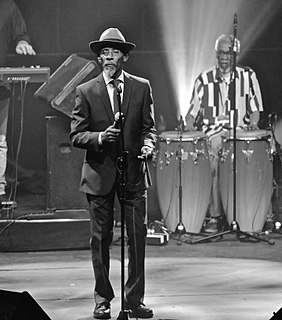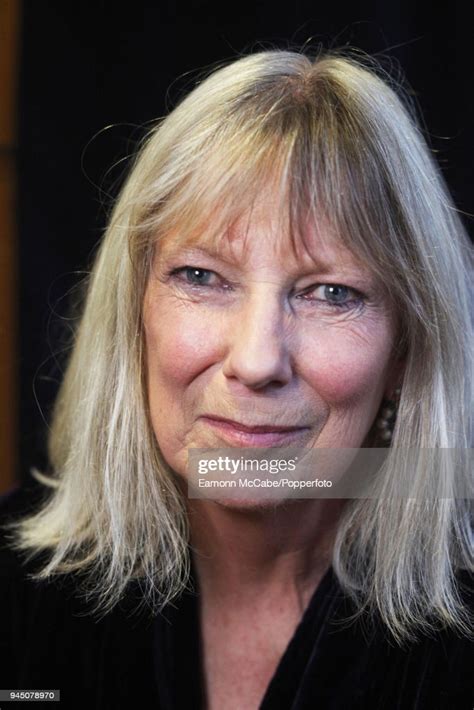A Quote by Erik Larson
My goal is to produce as rich and historical an experience for the reader as I possibly can, to the point where when somebody finishes reading the book, he or she emerges from it with a sense of having lived in the past.
Related Quotes
I'm not entirely sure what a historical novel absolutely has to be, but you don't want a reader who loves a very traditional historical novel to go in with the expectation that this is going to deliver the same kind of reading experience. I think what's contemporary about my book has something to do with how condensed things are.
She had always been a reader… but now she was obsessed. Since her discovery of the book hoard downstairs from her job, she’d been caught up in one such collection of people and their doings after the next…The pleasure of this sort of life – bookish, she supposed it might be called, a reading life – had made her isolation into a rich and even subversive thing. She inhabited one consoling or horrifying persona after another…That she was childless and husbandless and poor meant less once she picked up a book. Her mistakes disappeared into it. She lived with an invented force.
It is not the literal past that rules us, save, possibly, in a biological sense. It is images of the past. Each new historical era mirrors itself in the picture and active mythology of its past or of a past borrowed from other cultures. It tests its sense of identity, of regress or new achievement against that past.
The book is finished by the reader. A good novel should invite the reader in and let the reader participate in the creative experience and bring their own life experiences to it, interpret with their own individual life experiences. Every reader gets something different from a book and every reader, in a sense, completes it in a different way.
....the popular music of Jamaica, the music of the people, is an essentially experiential music, not merely in the sense that the people experience the music, but also in the sense that the music is true to the historical experience, that the music reflects the historical experience. It is the spiritual expression of the historical experience of the Afro-Jamaican.
Whereas if you're a reader, you can enter other people's minds, you can be in direct contact with people who may have lived hundreds or thousands of years ago. You can know what's like to be old if you're young or young if you're old. You can know what it's like to live in a completely different culture and really enter somebody else's mind. There's no amount of historical information that can give you access to the consciousness of a person from another culture or from the past in the way that reading really good novel from that place or time can.
In my couple of books, including Going Clear, the book about Scientology, I thought it seemed appropriate at the end of the book to help the reader frame things. Because we've gone through the history, and there's likely conflictual feelings in the reader's mind. The reader may not agree with me, but I don't try to influence the reader's judgment. I know everybody who picks this book up already has a decided opinion. But my goal is to open the reader's mind a little bit to alternative narratives.
The Goddess doesn't enter us from outside; she emerges from deep within. She is not held back by what happened in the past. She is conceived in consciousness, born in love, and nurtured by higher thinking. She is integrity and value, created and sustained by the hard work of personal growth and the discipline of a life lived actively in hope.
I really don't watch enough TV to know about the impact. In my experience as a TV writer, I would say is the exact opposite - it's very constricted, all having to conform to a form. My sense of fiction writing is not to think about rules but to be driven by the characters and their stories. I often ask myself what's at risk here, who needs what, and how are they going to get it. There has to be a reason for the reader to stop living their own life and start reading your book.

































